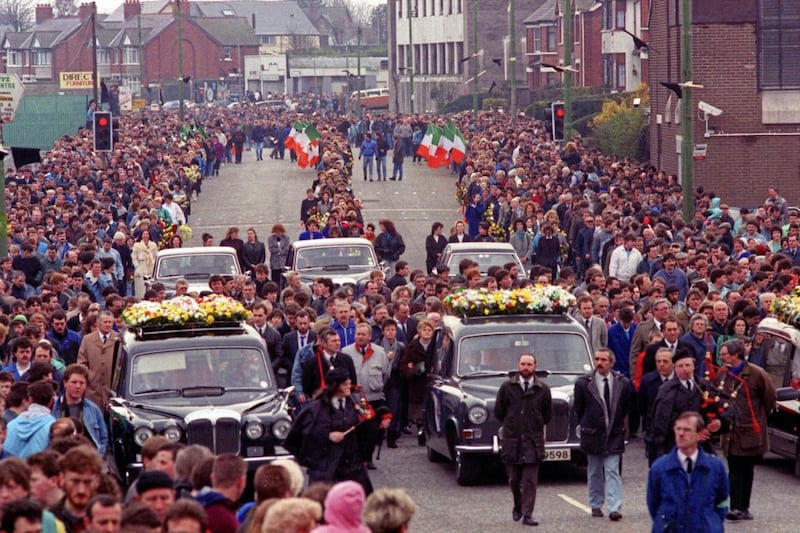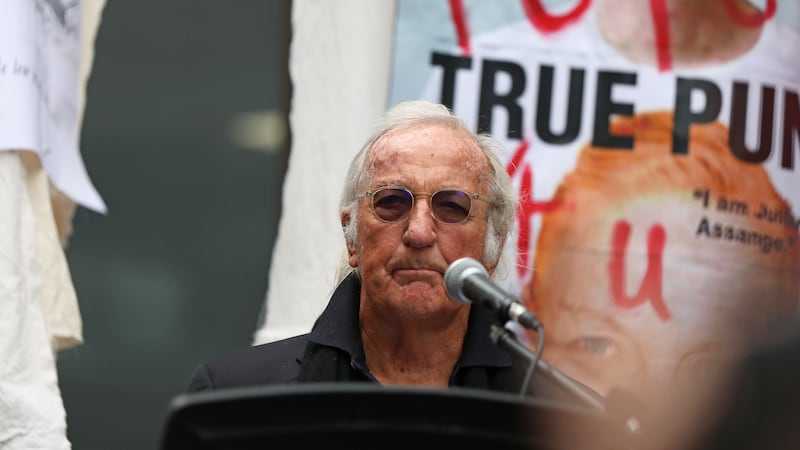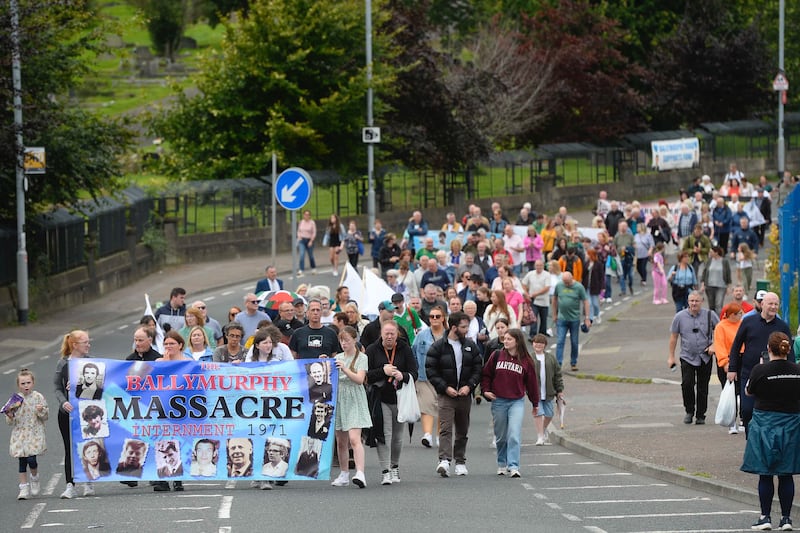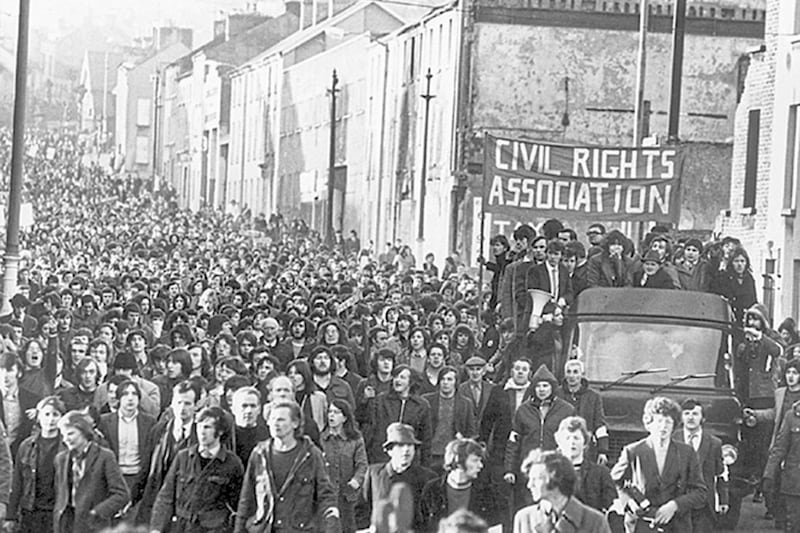Campaigning journalist John Pilger will be remembered as a man who “gave a voice to the unheard and the occupied” following his death aged 84.
The Australian writer and filmmaker, who died at his home in London on Saturday, was known as a fearless investigative reporter whose work shed light on issues from the crimes carried out in Cambodia by the Khmer Rouge regime, to the injustice faced by mothers affected by the thalidomide scandal.
He began his career at newspapers in his native city, before he moved to the UK in the 1960s and worked with outlets including Reuters and the Daily Mirror.
He went on to become a war correspondent, covering conflicts in Vietnam and Cambodia and began making documentaries in the early 1970s.
His filmmaking earned him a reputation as a staunch voice for the dispossessed, with hard-hitting documentaries on the Palestinian people, and US foreign policy.
In his latter years, Pilger became a staunch supporter for the release of Wikileaks founder Julian Assange.
He took an interest in Irish affairs, and wrote in defence of the 1988 Thames Television documentary Death on the Rock, about the killing by the SAS of three unarmed IRA members in Gibraltar.

The film, broadcast as an episode of current affairs show This Week, was attacked by the British tabloid press and Margaret Thatcher’s government.
In 2017, Pilger wrote that the film was a “risky and courageous venture” and defended its creators.
“Censorship of the reporting of the so-called Irish Troubles was rife, and many of us in documentaries were actively discouraged from making films north of the border. If we tried, we were drawn into a quagmire of compliance,” he said.
The following year, Pilger hailed The Ballymurphy Precedent about the 1971 west Belfast massacre by British troops as a “landmark film”.
“The sheer humanity makes the crimes committed and the justice denied unforgettable,” he wrote.
In 2009, he added his voice to a campaign of support for then-Sunday Tribune journalist Suzanne Breen over her refusal to hand over to police material from interviews with members of the Real IRA.
ITV managing director of media and entertainment, Kevin Lygo said: “John’s films gave viewers analysis and opinion often not seen elsewhere in the television mainstream. It was a contribution that greatly added to the rich plurality of British television.”
Former Labour leader Jeremy Corbyn said in a post to X: “John gave a voice to the unheard and the occupied: in Australia, Cambodia, Vietnam, Chile, Iraq, East Timor, Palestine and beyond. Thank you for your bravery in pursuit of the truth — it will never be forgotten.”
I am deeply saddened to hear of the passing of John Pilger.
— Jeremy Corbyn (@jeremycorbyn) December 31, 2023
John gave a voice to the unheard and the occupied: in Australia, Cambodia, Vietnam, Chile, Iraq, East Timor, Palestine and beyond.
Thank you for your bravery in pursuit of the truth — it will never be forgotten. pic.twitter.com/SoTrGxhnsv








